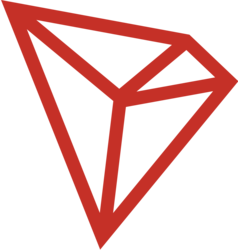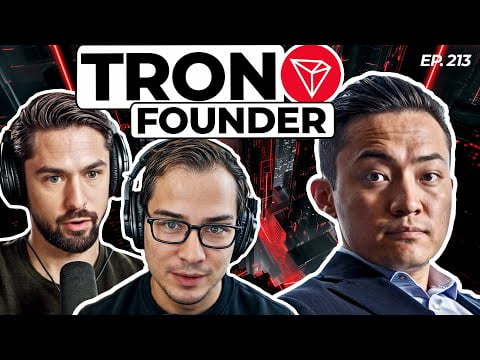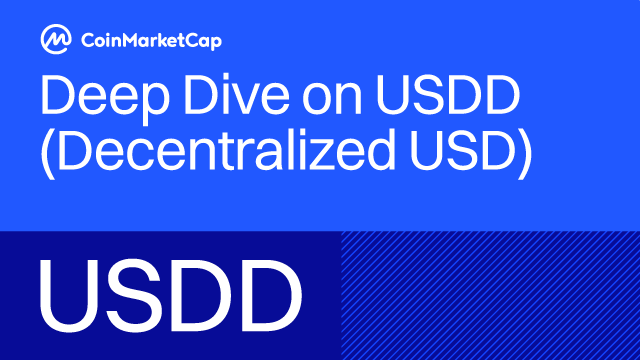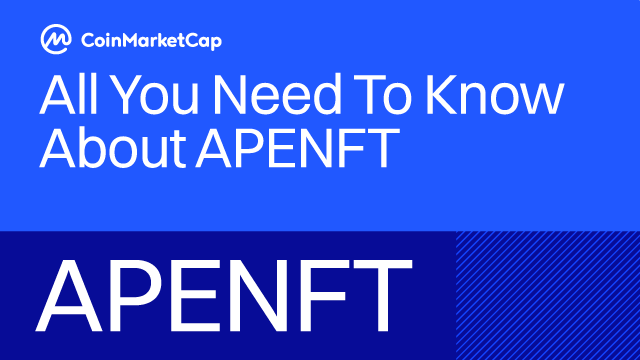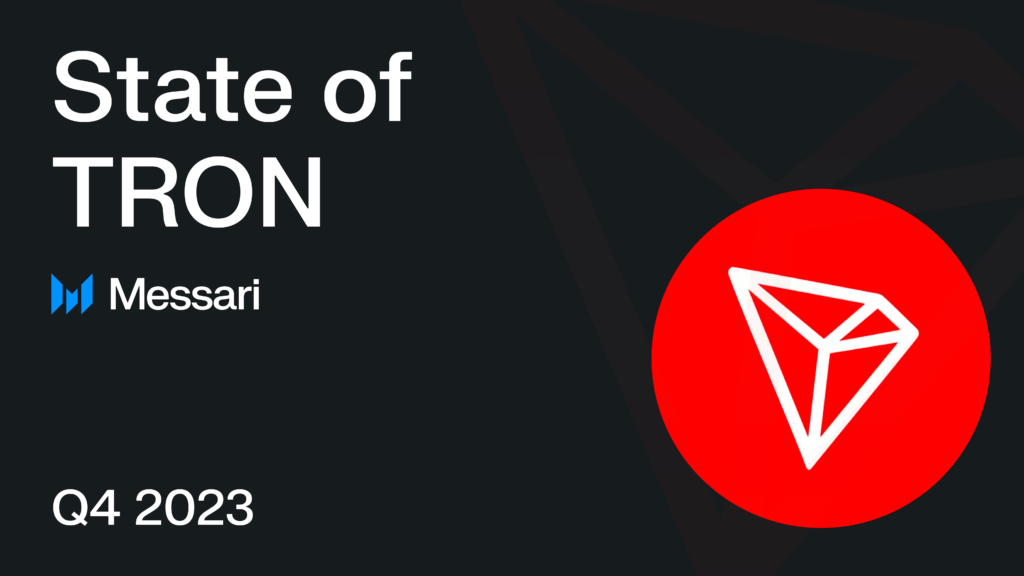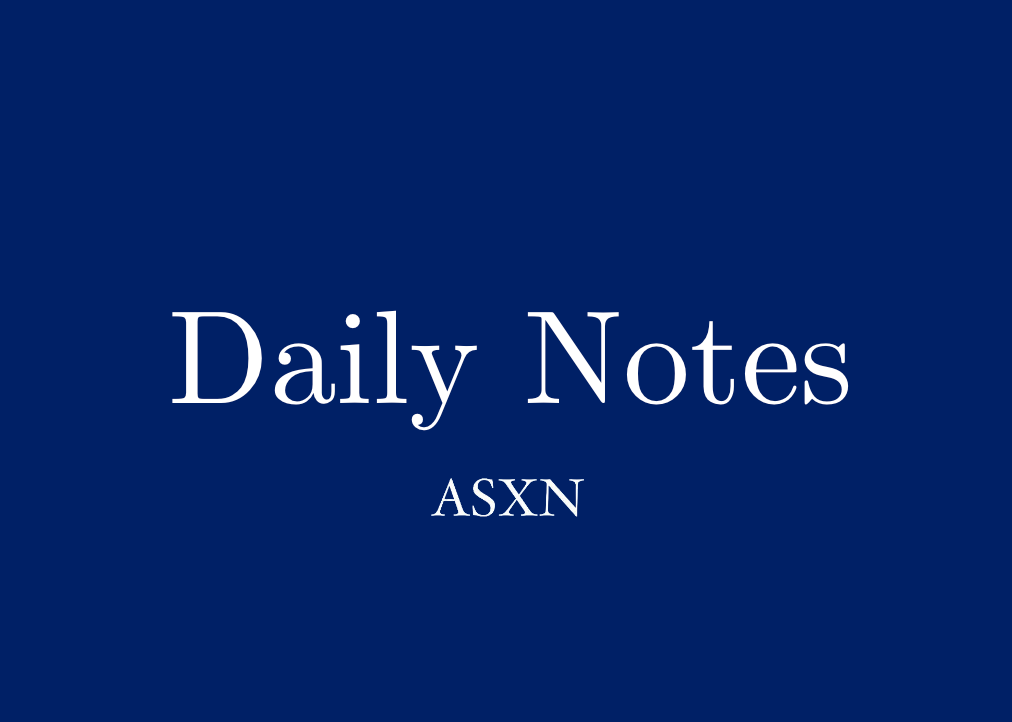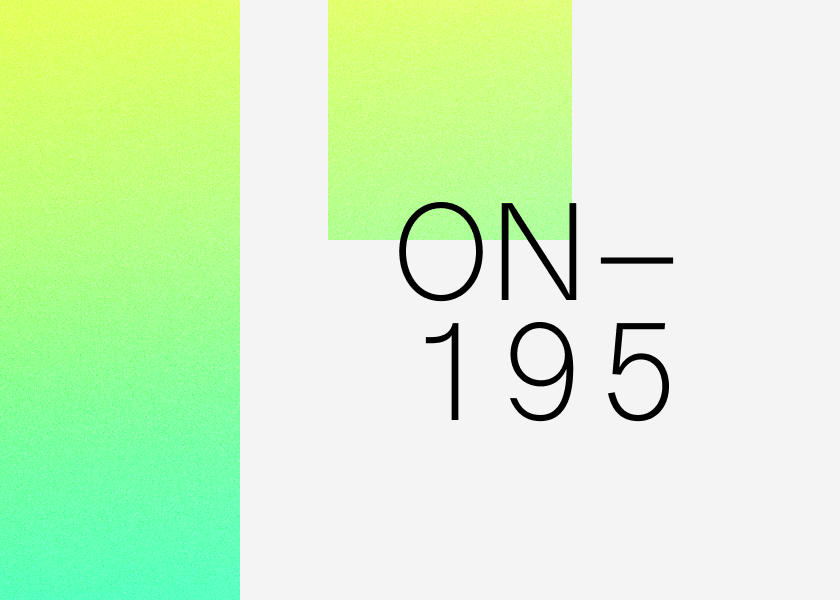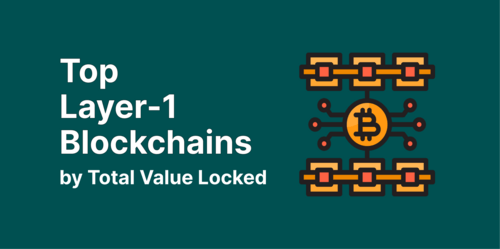Research Summary
The report discusses the increasing interconnection between real-world assets (RWAs) and blockchain technology. It provides a comparative analysis of various blockchains including Bitcoin, Ethereum, and Tron. The report highlights the growth of blockchain technology from a fringe technology associated with cryptocurrencies to a mainstream tool with applications in many different industries. The concept of tokenizing physical or tangible assets such as real estate, commodities, and other forms of owned property has gained significant attention. The report also provides an overview of the current state of the Real-World Asset (RWA) sector and the rise of tokenized assets.
Actionable Insights
- Blockchain technology is increasingly being used for representing and transacting real-world assets (RWAs). This presents opportunities for increased liquidity, improved transparency, and reduced transaction costs.
- Tokenization of real-world assets is gaining momentum. This process allows for the representation of ownership of tangible assets on the blockchain, offering benefits such as round-the-clock buying and selling of these assets without the need for traditional brokers.
- Bitcoin, Ethereum, and Tron are leading platforms for RWA tokenization. While Ethereum currently has the most active projects, Tron’s higher transaction speed and lower fees may attract more projects in the future.
- Regulatory uncertainty, lack of standardization, and the need for reliable asset valuation and auditing mechanisms are potential challenges for RWA tokenization. These issues need to be addressed to fully realize the potential of integrating RWAs with blockchain technology.


